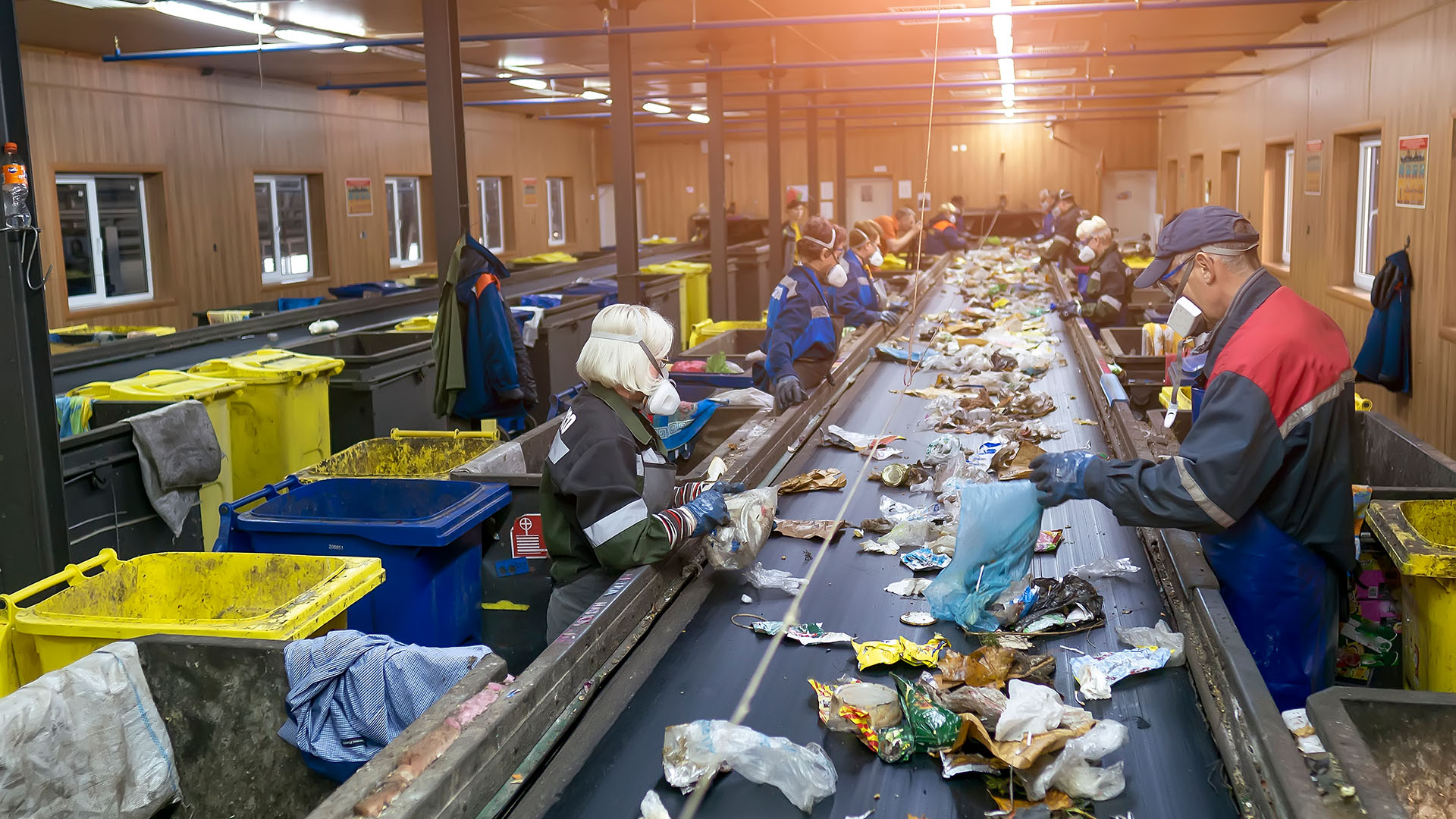

The overarching aim of the Waste Prevention Programme for England 2013 was to improve the environment and protect human health by supporting a resource efficient economy, and reducing the quantity and impact of waste produced whilst promoting sustainable economic growth. The programme targeted businesses and individuals to encourage them to reduce their waste.
Working in consultation with WRAP and DEFRA, we identified 28 unique measures forming the core components of the Waste Prevention Programme 2013. Using a range of methodologies, we reviewed each of these in turn to understand the actions taken since 2013, the outcomes and impacts of these actions (where they have been assessed) and the current status of the measures. The evidence shows that the majority of waste prevented comes from food and packaging. We found that at least 387,000 tonnes of waste had been prevented in total between the years 2013 and 2019 because of actions taken by organisations collaborating with the government. This includes approximately 103,000 tonnes that would not have been prevented in the absence of government intervention. We projected that actions undertaken in the context of the Courtauld 2025 agreement will have prevented a further 2.7 million tonnes of waste by the end of 2019, including 624,000 tonnes that would not have been prevented in the absence of the agreement.
The full report can found here.

 Review-of-the-Waste-Prevention-Programme-for-England-Summary-Report-1.pdf
Review-of-the-Waste-Prevention-Programme-for-England-Summary-Report-1.pdf